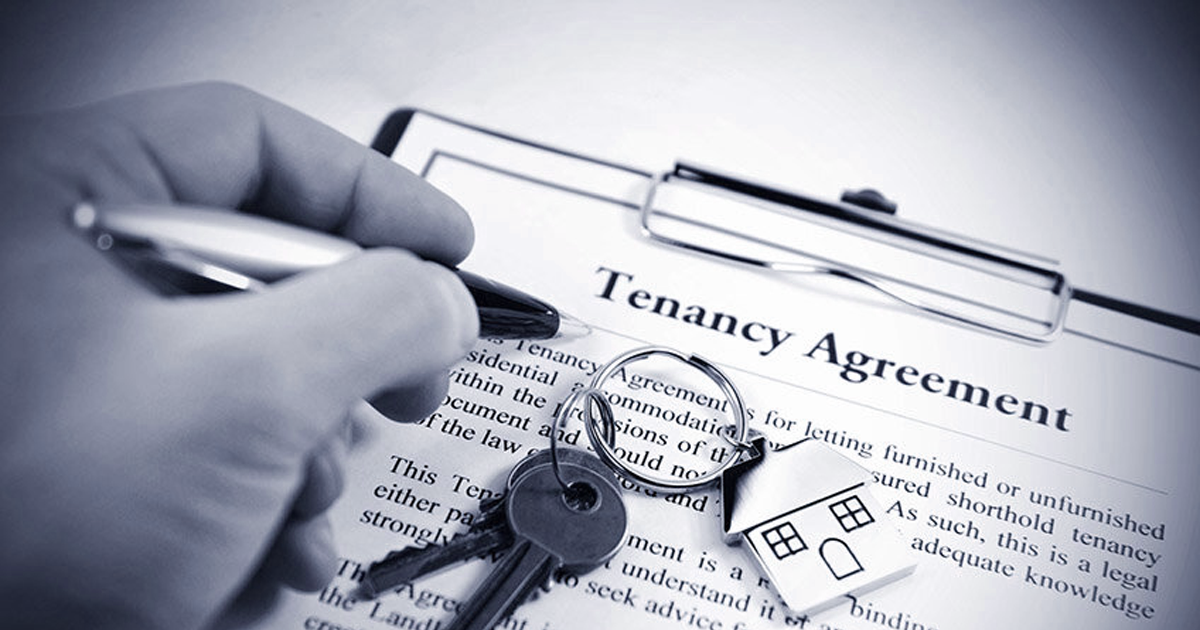📄 The legal requirements for UK landlords

As a landlord in the UK, it is important to be aware of the legal requirements that come with renting out a property. From ensuring the safety of tenants to managing the property effectively, there are many regulations that landlords must adhere to in order to operate within the law. In this blog post, we will outline the key legal requirements for UK landlords, to help ensure that you are fully informed and compliant.
Safety Regulations
One of the most important legal requirements for UK landlords is to ensure that their properties are safe for tenants to live in. This includes carrying out regular safety checks, such as checking smoke detectors, gas appliances and electrical wiring, to make sure they are in good working order. Landlords must also ensure that fire escapes are accessible and clearly marked, and that tenants know how to use them in an emergency.
Rent Increases
Landlords in the UK are entitled to increase rent, but there are specific rules about when and how this can be done. For example, landlords must give tenants at least one month's notice of a rent increase, and the increase must not be more than the market rate for similar properties in the area.
Tenancy Agreements
All UK landlords must provide tenants with a written tenancy agreement, which outlines the terms and conditions of the tenancy. This includes information on rent, deposit, and any restrictions on the use of the property. Tenancy agreements must be clear, fair and transparent, and must be in line with UK law.
Right to Rent
Checks Under the Immigration Act 2014, UK landlords must carry out right to rent checks on tenants to ensure they have the right to live in the UK. This involves checking the tenant’s passport or ID card and making sure it is genuine and current.
Deposit Protection
All deposits taken by UK landlords must be protected in a government-approved tenancy deposit scheme. This provides tenants with protection for their deposit and ensures that it is returned to them at the end of the tenancy, providing there has been no damage to the property.
Energy Performance Certificates (EPCs)
UK landlords must provide tenants with an Energy Performance Certificate (EPC) for the property. This shows the property’s energy efficiency and provides tenants with information on how to reduce energy consumption and save money on bills.
Repair and Maintenance
UK landlords are responsible for carrying out repairs and maintenance to the property, including fixing any damage caused by tenants. To make this easier, you can use software such as Help me Fix to make it easier to manage your portfolio and cut costs associated with maintenance. Landlords must also ensure that the property is in a fit and habitable state, and that all appliances and fixtures are in good working order.
Insurance
UK landlords must have insurance to cover the property and any contents, as well as liability insurance in case of injury to tenants or visitors. Landlords must also ensure that they have the appropriate insurance in place in the event of fire, flood, or theft.
Eviction
In the event that tenants breach their tenancy agreement, UK landlords have the right to start eviction proceedings. However, this must be done in accordance with the law and must follow a set legal process.
Dispute Resolution
If there is a dispute between a landlord and tenant, there are various legal avenues for resolving the issue. This may include using a dispute resolution service, or taking the matter to court.
To finish up, UK landlords have a range of legal requirements that they must adhere to when renting out a property. From ensuring safety and comfort for tenants to protecting their deposits and managing the property effectively, landlords must be aware of their obligations and ensure they are compliant with the law.
Click here to find out how to save up to 50% on your maintenance bills.


